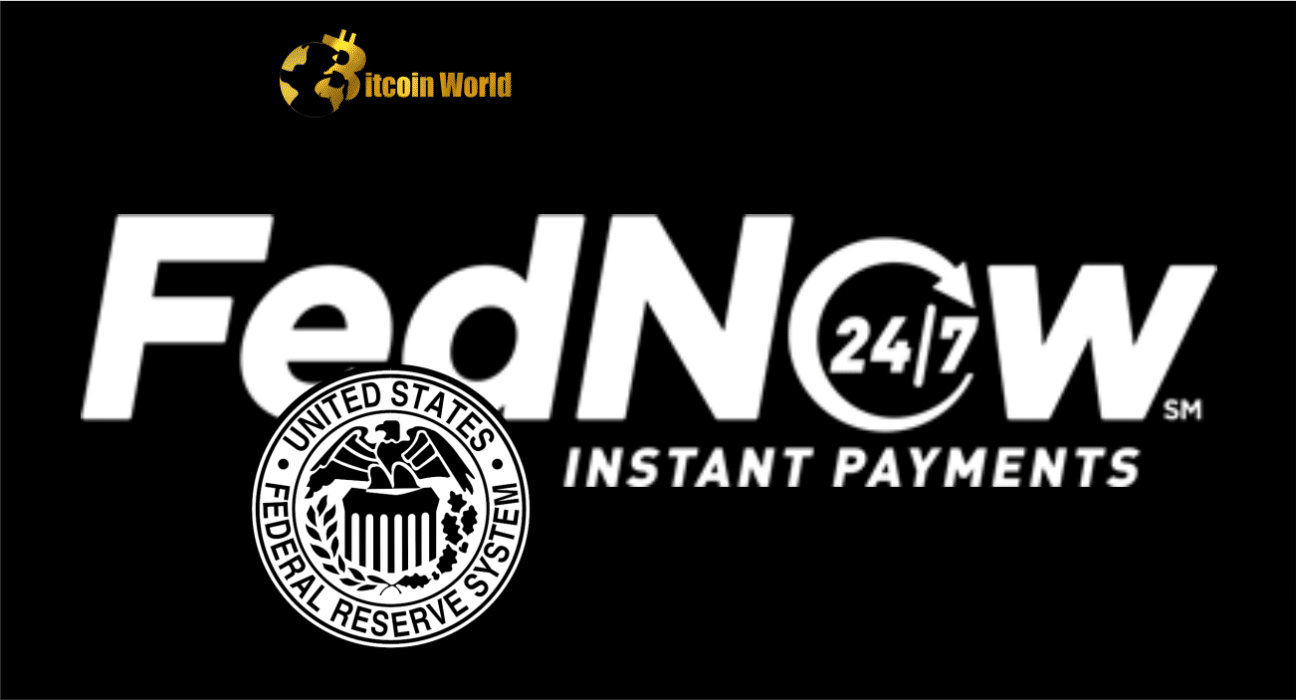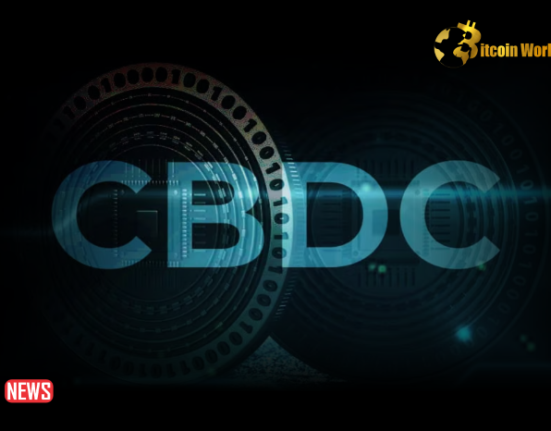The long-awaited quick payments system from the US Federal Reserve, which is seen as an alternative to central bank digital currencies and stablecoins, will launch in July. In seconds, the instant payment network facilitates consumer, merchant, and bank transactions. Not on the blockchain.
It is significant because the Federal Reserve controls the government. Clearing House’s RTP network, which enables real-time payments, is run by large banks.
FedNow will be launched in July with the US Treasury and a “wide range of financial institutions of various sizes,” the Fed stated on March 15.
The Fed will “begin the official certification of participants” for the launch during the first week of April. “To preparation for transferring real transactions over the system, early users will go through a customer testing and certification program inspired by FedNow Pilot Program input,” according to the statement.
FedNow, which was launched in 2019, would move commercial bank funds from sender to recipient via a Fed credit account for real-time gross settlement. Management of fraud risk is included. Following the announcement, the Federal Reserve stated that it will attempt to connect as many financial institutions as possible in order to improve the speed of payments.
“The launch reflects an important milestone in the journey to help financial institutions serve customer needs for instant payments to better support nearly every aspect of our economy,” said Tom Barkin, president of the Federal Reserve Bank of Richmond and FedNow Program executive sponsor, in the announcement.
FedNow may address a problem that both stablecoins and CBDCs address.
The FedNow program does not make use of blockchain technology, and the Fed is wary about stablecoins.
Following the fall of Silvergate, one of SEN’s key banking payment rails for US crypto companies was shut down. Notwithstanding Signature Bank’s forced dissolution on March 13, 2015, competitor SigNet is still operational. Due to Signature’s problems, numerous corporations have departed the network, putting its viability in doubt.
FedNow could eventually replace digital currency produced by central banks.
In May, Federal Reserve Vice Chair Lael Brainard told the House Financial Services Committee that regulatory challenges would cause a CBDC to take longer to establish than FedNow. “If Congress decides to issue central bank digital money, it may take five years to put in place the necessary security aspects and design features,” she said. FedNow will take up a number of CBDC functions, she added.
On March 9, Fed Chairman Jerome Powell told the House Financial Services Committee that a CBDC in the United States is unlikely. “We’re dabbling in early level experimentation,” he explained. How? Works? Best technology? “What works the best?” FedNow, he asserted, would provide “real-time payments in this country very, very soon.”














